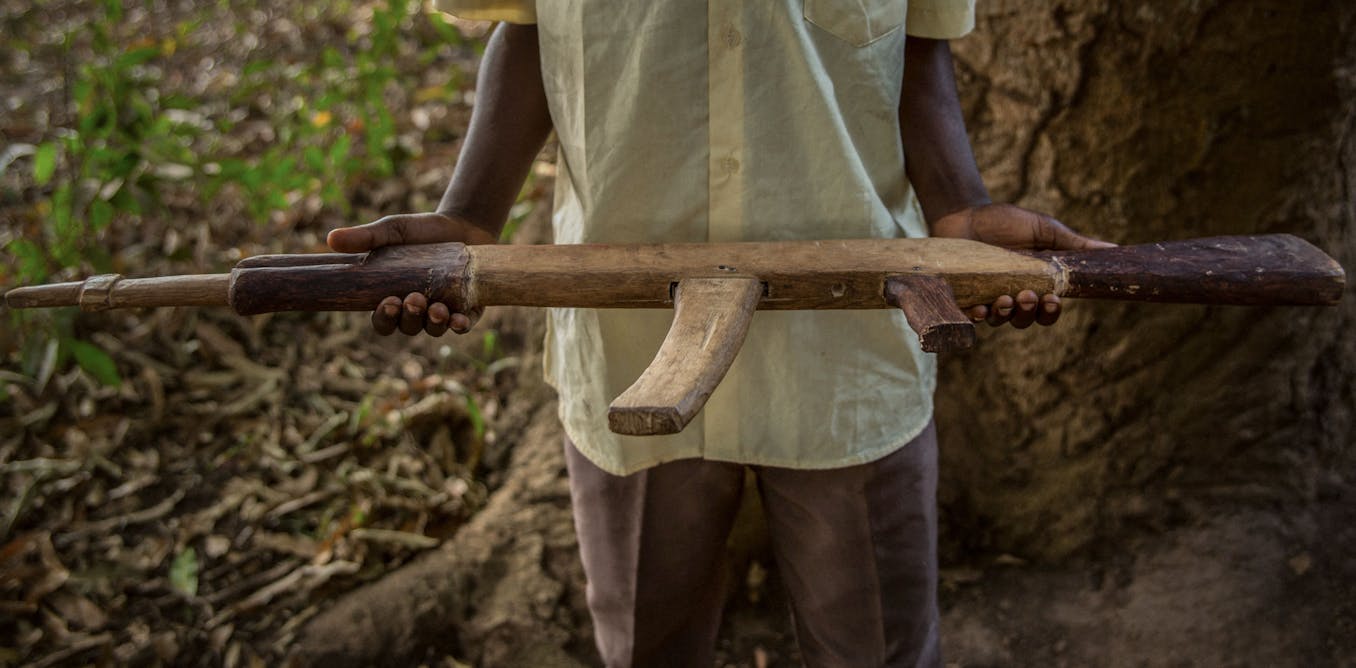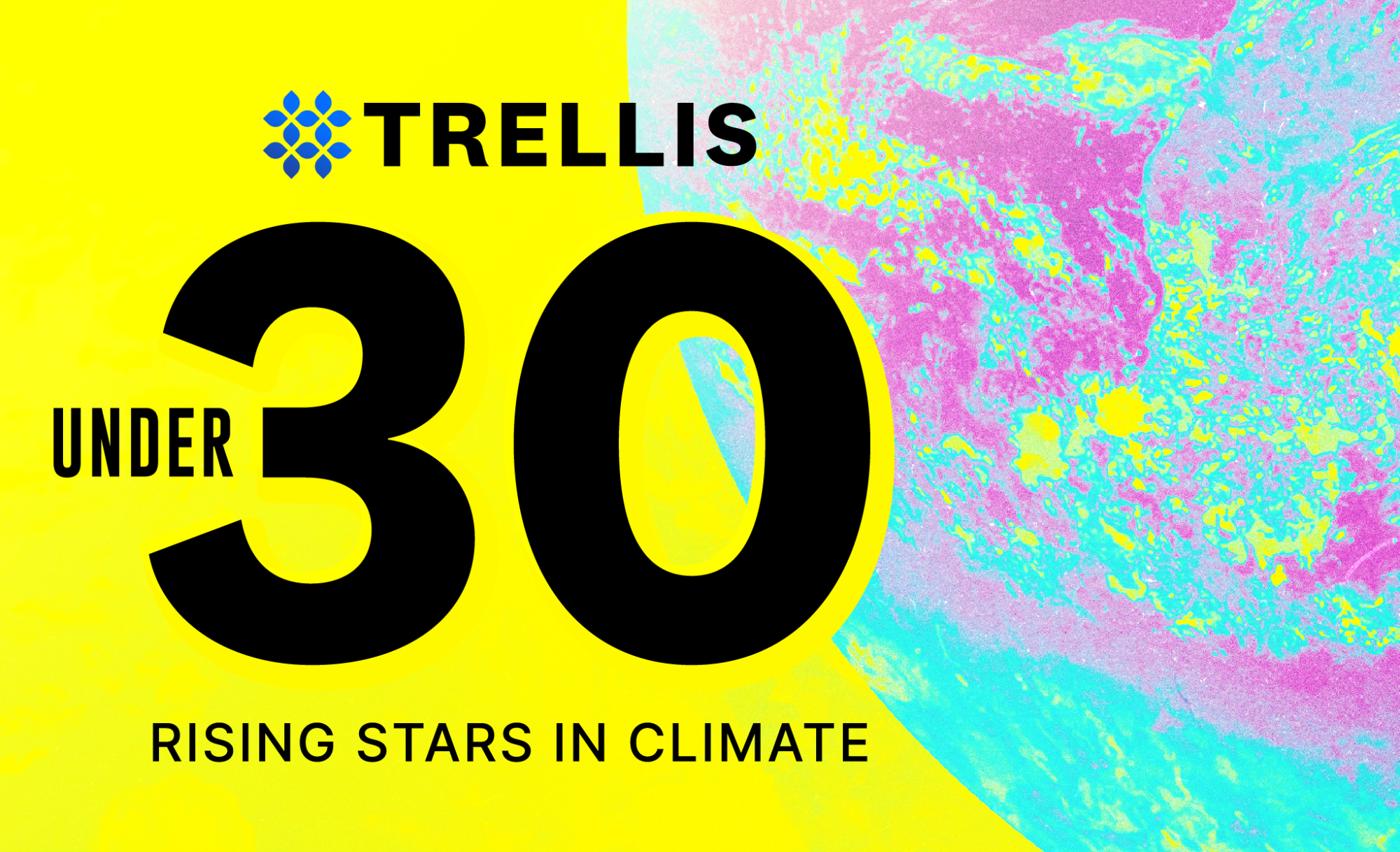Now Reading: I was a child soldier – here’s what it’ll take to protect young lives in conflict zones
-
01
I was a child soldier – here’s what it’ll take to protect young lives in conflict zones
I was a child soldier – here’s what it’ll take to protect young lives in conflict zones

The use of child soldiers is a tragic global issue that continues to impact generations worldwide. The United Nations reports that thousands of children, some as young as six, have been coerced into joining armed groups over the years. These children have been involved in conflicts in various countries, including Liberia, Rwanda, Sierra Leone, the Democratic Republic of Congo, Afghanistan, Iraq, and Somalia.
The consequences of this ongoing tragedy go beyond the individual child, affecting communities and families and leaving lasting scars of war trauma. International agreements like the Optional Protocol on the involvement of children in armed conflict, the Paris Principles, the Rome Statute, and the Cape Town Principles have condemned the use of child soldiers and provided legal frameworks to combat it.
Efforts like the Children, Not Soldiers campaign and the Kony 2012 campaign have been launched to combat unlawful recruitment and raise awareness to protect child combatants in conflict zones. Despite these initiatives, the problem persists as governments and insurgent groups continue to recruit minors globally.
One reason for this persistence may be the impact children have on the emotions and ethics of professional soldiers. Children are seen as innocent and deserving of protection, causing emotional distress when they are harmed. Armed groups may exploit this by using children to manipulate adult soldiers into feeling guilt and shame.
As someone who has studied children in armed conflict and experienced being a child soldier during the Liberian civil war, I advocate for protecting children in conflict zones. Based on my personal experiences, I have identified six ways society can help, including cutting off arms sales to conflict regions, providing continuous education, offering life-saving essentials, working with local communities, listening to children’s voices, and involving child soldiers in disarmament and reintegration programs.
The world must act to protect children in conflict zones, as no child is beyond redemption and child soldiers are victims who need support and care. Everyone has a role to play in ensuring the well-being of children in these situations.





